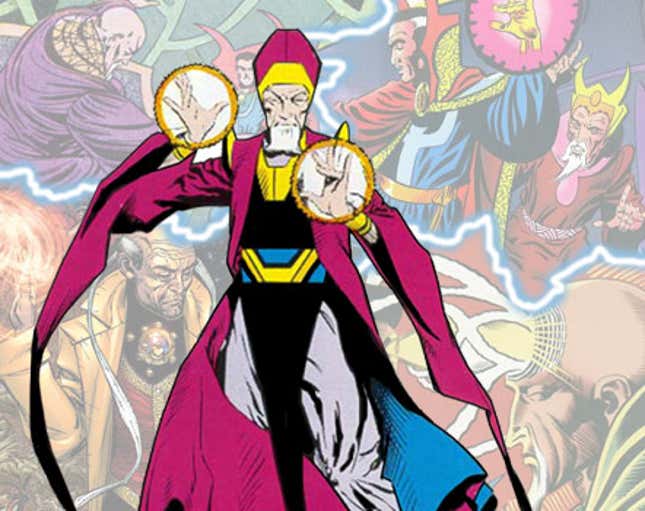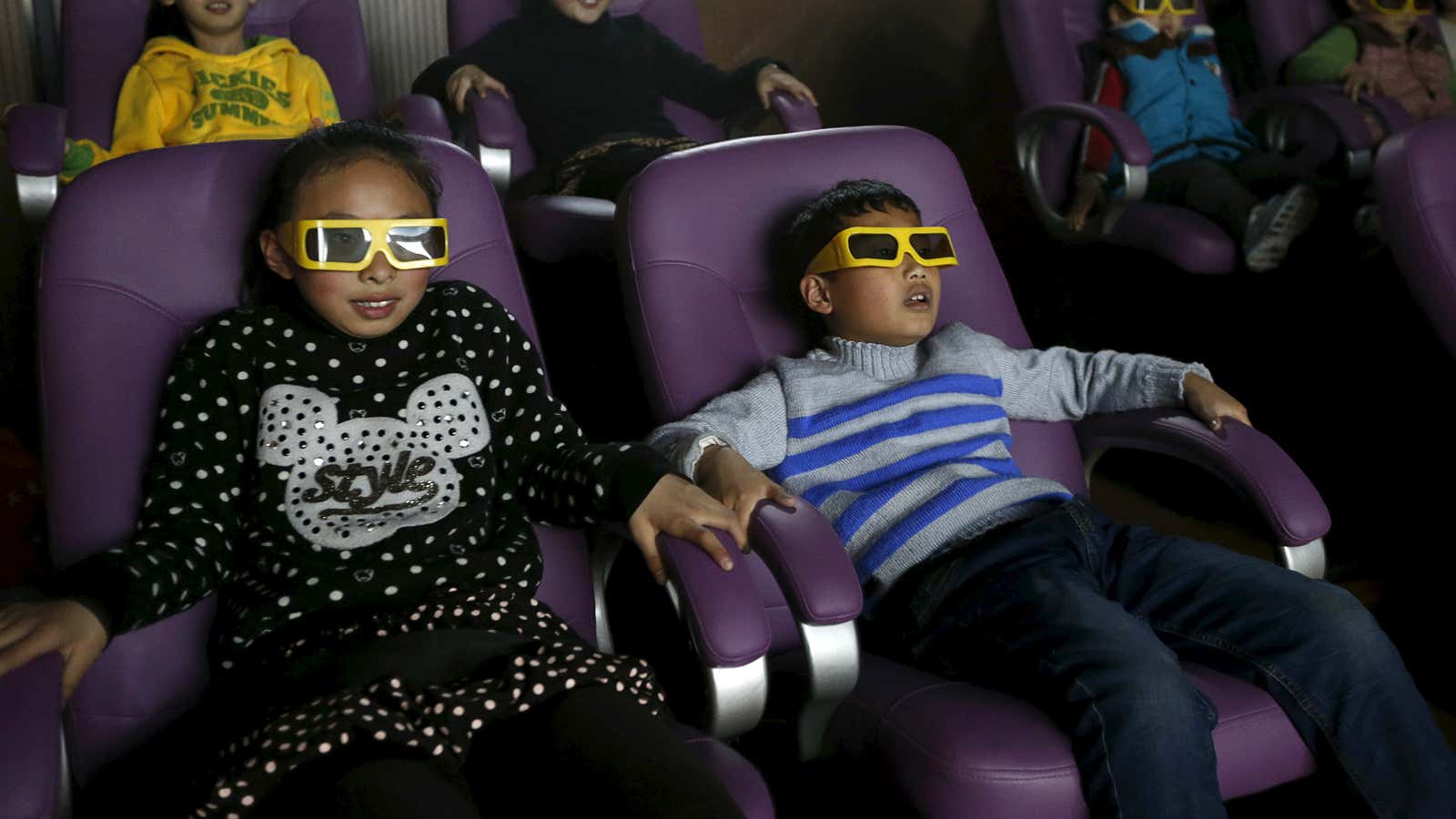One Hollywood studio is hoping to appeal to China’s huge movie audience, and vigorous censorship of information that disagrees with the Communist Party, by openly self-censoring.
A trailer released for the upcoming Marvel Studios movie Dr. Strange on April 12 surprised some fans of the original comic book character, which first appeared in 1963. The title character’s mentor “the Ancient One” is played by Tilda Swinton, a white actress from Britain who has been transformed into a bald Celtic master of the supernatural.

The Ancient One, as originally written, was a Himalaya-dwelling mystic who lives with monks and posses magical powers, in a land often presumed to be Tibet.
While the Ancient One’s home was more of a “psychedelic wonderland mashed up with Asian cultures and influences—with little regard for accuracy of any kind,” as LionsRoar, a Buddhist news site, writes, it also was certainly not Celtic, and neither was he.
When asked by movie-themed YouTube channel Double Toasted why Swinton was cast, co-screenwriter C. Robert Cargill said the studio decided to wipe any Tibetan references from the decades-old story line because the company was afraid of how the China government might react otherwise.
“He [the character] originates from Tibet,” says Cargill. “If you acknowledge that Tibet is a place and that he’s Tibetan, you risk alienating one billion people who think that that’s bullshit, and risk the Chinese government going ‘Hey, we’re one of the biggest film-watching countries in the world, and we’re not going to show your movie because you decided to get political.’”
The move has already angered plenty of Marvel fans, because it gives a distinctive role originally written for an Asian person to a white one, creating a controversy of its own. And Cargill’s assumptions about Tibet aren’t entirely accurate.
The Communist Party of China doesn’t disapprove of acknowledging the existence of Tibet or the Tibetan people. It does, however, forbid depictions of Tibet and Tibetans as distinctly separate from the People’s Republic of China and Chinese civilization at large, and has been censoring art about the Tibetan independence movement even outside China.
Hollywood studios are regularly forced to cut specific scenes in order to appease Chinese authorities and gain access to the market, and have even involved regulators and party representatives (paywall) in the making of movies they hope to release in China. But Cargill and Marvel appear to have exercised a more extreme type of self-censorship, by eliminating Tibet, population 3 million people, altogether.
The Communist Party of China has plenty of vague guidelines on what content is fair game and what type of content is taboo, but few consistent patterns for actually enforcing censorship. This forces publishers, entertainment studios, and artists to use their best judgment on specifics. As a result, media producers in China self-censor, steering clear of sensitive topics entirely, even if they don’t intend to scrutinize them deeply in the first place.
Marvel Studios’ decision to follow in the tracks of companies under Communist Party control could signal less thought-provoking entertainment made about one of the world’s biggest, most-powerful countries, in the years ahead.
“Some areas of self-censorship are relatively harmless—like deciding to not cast Chinese bad guys,” said William Nee, China researcher at Amnesty International. “But filmmakers may not even chose to explore social themes, modern history, or controversial subjects that involve China out of fear of the censors and financial loss. This means there will probably be fewer socially daring and interesting themes involving China.”
Cargill later clarified on Twitter that his remarks were not made on behalf of Marvel, and that Marvel never consulted him personally about China. Neither Marvel nor Cargill responded immediately to Quartz’s request for comments
China is set generate $1.5 billion in movie ticket sales this year. If it does, it will surpass the US as the world’s most lucrative movie market.
Hollywood might argue that their decisions are driven by business, not politics. But as China’s censorship increasingly affects artists and entertainers both at home and abroad, the two are becoming intertwined.
